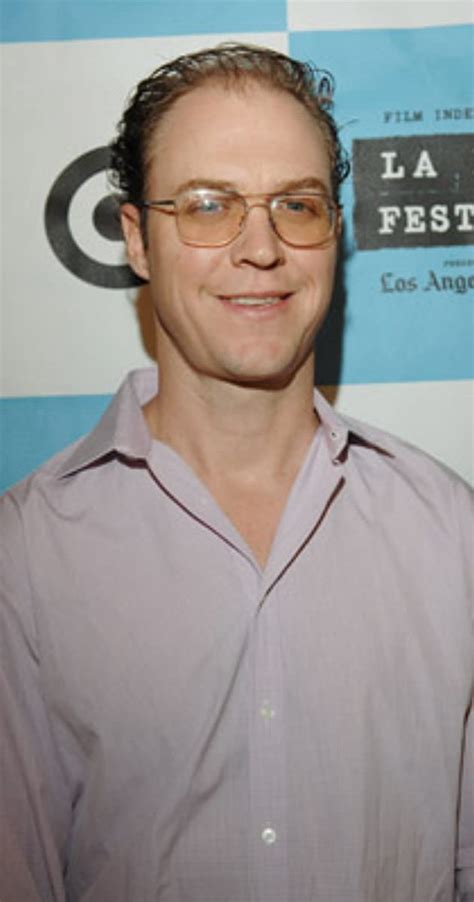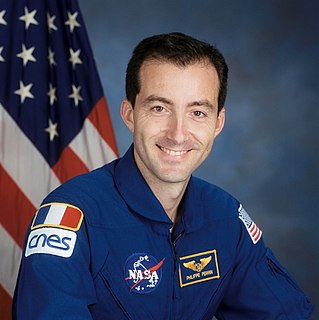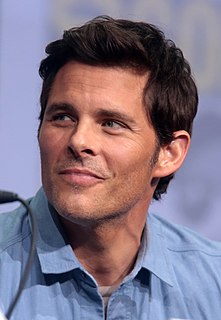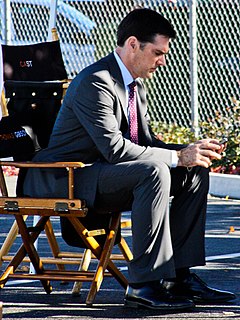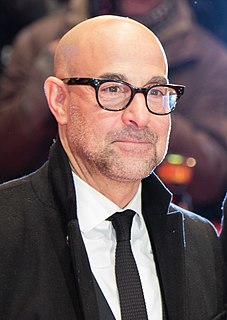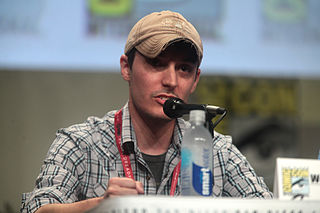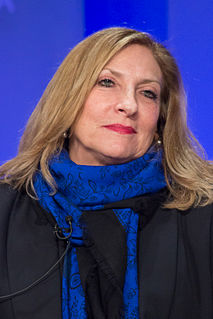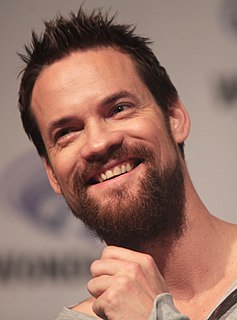A Quote by Harry Shearer
A movie script more than anything else is a plan of action for the crew. Everybody in the crew looks at the script to see what they're going to do. It has to contain where you are, and how many people are there, and what they do, and what time of day it is, and what time of year it is.
Related Quotes
If there's a cutaway, you need to get it then because it's only going to last [a few moments]. You have to edit the movie as you're shooting it in your head and communicate with your crew about how it's going to work. While making a movie, you have the luxury of storyboards and a script and a bigger crew and actors. I mean, it's so much easier.
My favorite thing to do is rip the covers off a script when reading for writers to hire and make everybody read without names on the covers of the script. I can't tell you how many times my writers, women and men, will pick people of color and women much more often than they would with a cover on the script.
We see only the script and not the paper on which the script is written. The paper is there, whether the script is on it or not. To those who look upon the script as real, you have to say that it is unreal - an illusion - since it rests upon the paper. The wise person looks upon both paper and script as one.
3D movie is tedious, its tedious for everybody, it's hard for the crew, it's hard for the actors. It adds more time. It's more technically complicated, so that just adds more time and takes a little more time away from he acting and that's kind of frustrating but to say "I'll never do 3D again" that doesn't make any sense.
You have to have a good script. You have to have compelling and complicated characters that you want to hang out with. Also, since you're going to be living with your crew and cast, I think it's really critical to create a great working environment, because we're spending so many days, so many hours together.

